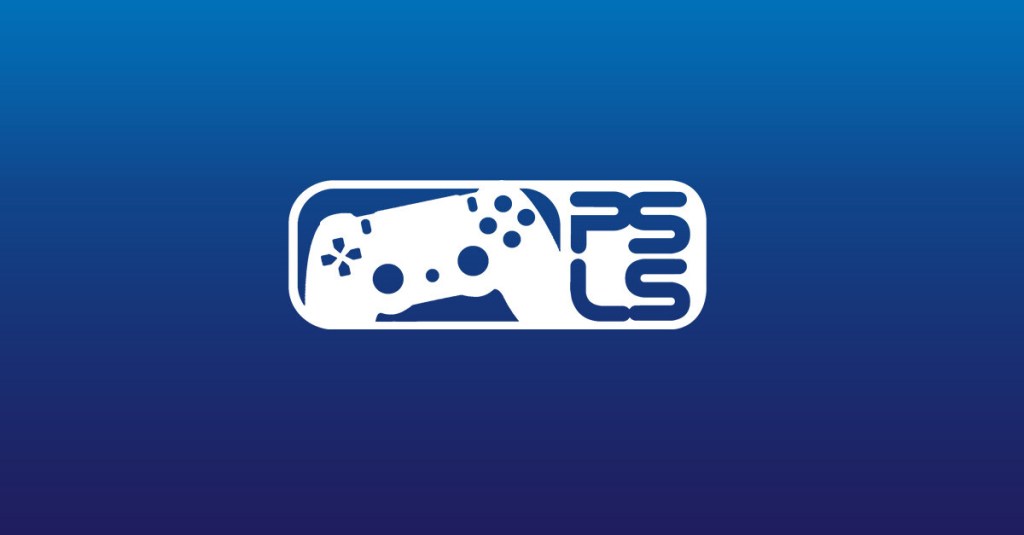
Halo 3 and Ghostbusters, despite being released years apart, have one thing in common. Both games were heavily scrutinized, criticized, and embarrassed by the media and gamers alike for running at sub-HD resolution. The lowest screen resolution that is accepted as High Definition is 720p, though 1080p is considered True HD by Sony and other…







